They learned to doubt beliefs even before they believed in anything

They learned to doubt beliefs even before they believed in anything
In his seminal work, "The Closing of the American Mind," Allan Bloom explores the decline of intellectual curiosity and the erosion of critical thinking in American society. One of the key themes that Bloom addresses is the idea that many individuals today have learned to doubt beliefs even before they have had the opportunity to truly believe in anything. This phenomenon is a result of the pervasive relativism and skepticism that has come to dominate contemporary culture.Bloom argues that the erosion of traditional values and the rise of postmodern thought have created a climate in which individuals are encouraged to question everything and to reject any form of absolute truth. This has led to a generation of young people who are constantly questioning the validity of their beliefs and who are hesitant to commit to any particular ideology or worldview. As a result, they are left adrift in a sea of uncertainty, unable to find solid ground on which to build their intellectual and moral foundations.
One of the consequences of this pervasive doubt is a lack of intellectual and moral direction. Without a firm belief in anything, individuals are left without a compass to guide them through the complexities of life. They are unable to make meaningful decisions or to take a stand on important issues, as they are constantly second-guessing themselves and their beliefs.
Furthermore, the constant questioning of beliefs can lead to a sense of nihilism and despair. When individuals are unable to find any solid ground on which to base their beliefs, they may come to believe that there is no ultimate truth or meaning in the world. This can lead to a sense of hopelessness and a lack of purpose, as individuals struggle to find meaning in a world that seems devoid of any inherent value.

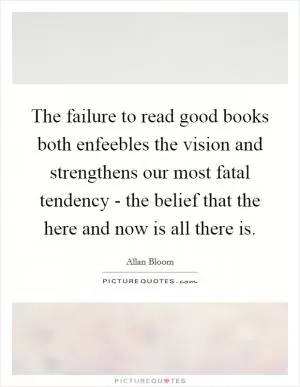

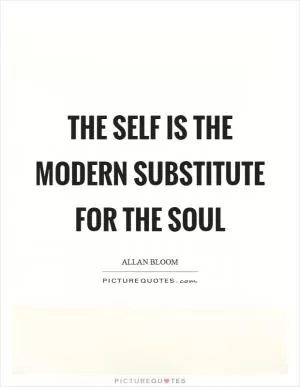

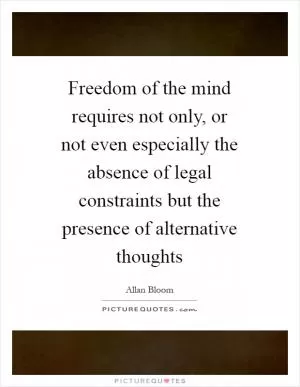

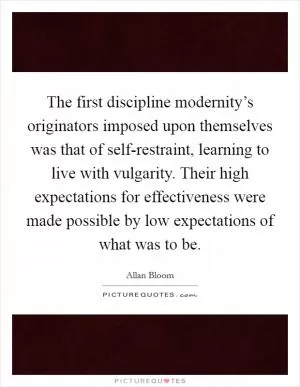
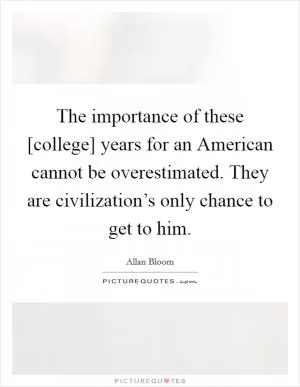
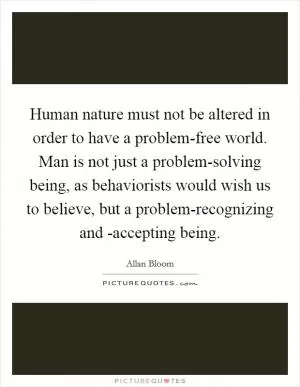
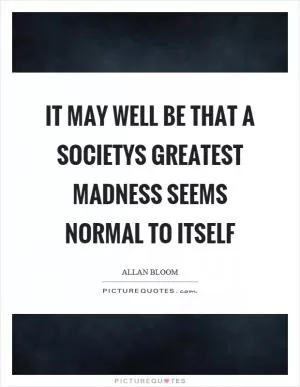

 Friendship Quotes
Friendship Quotes Love Quotes
Love Quotes Life Quotes
Life Quotes Funny Quotes
Funny Quotes Motivational Quotes
Motivational Quotes Inspirational Quotes
Inspirational Quotes